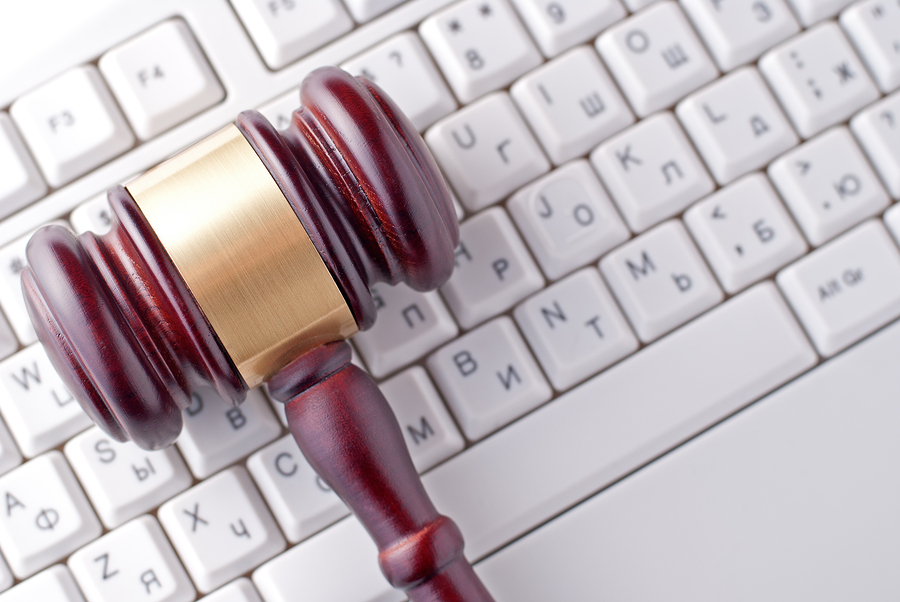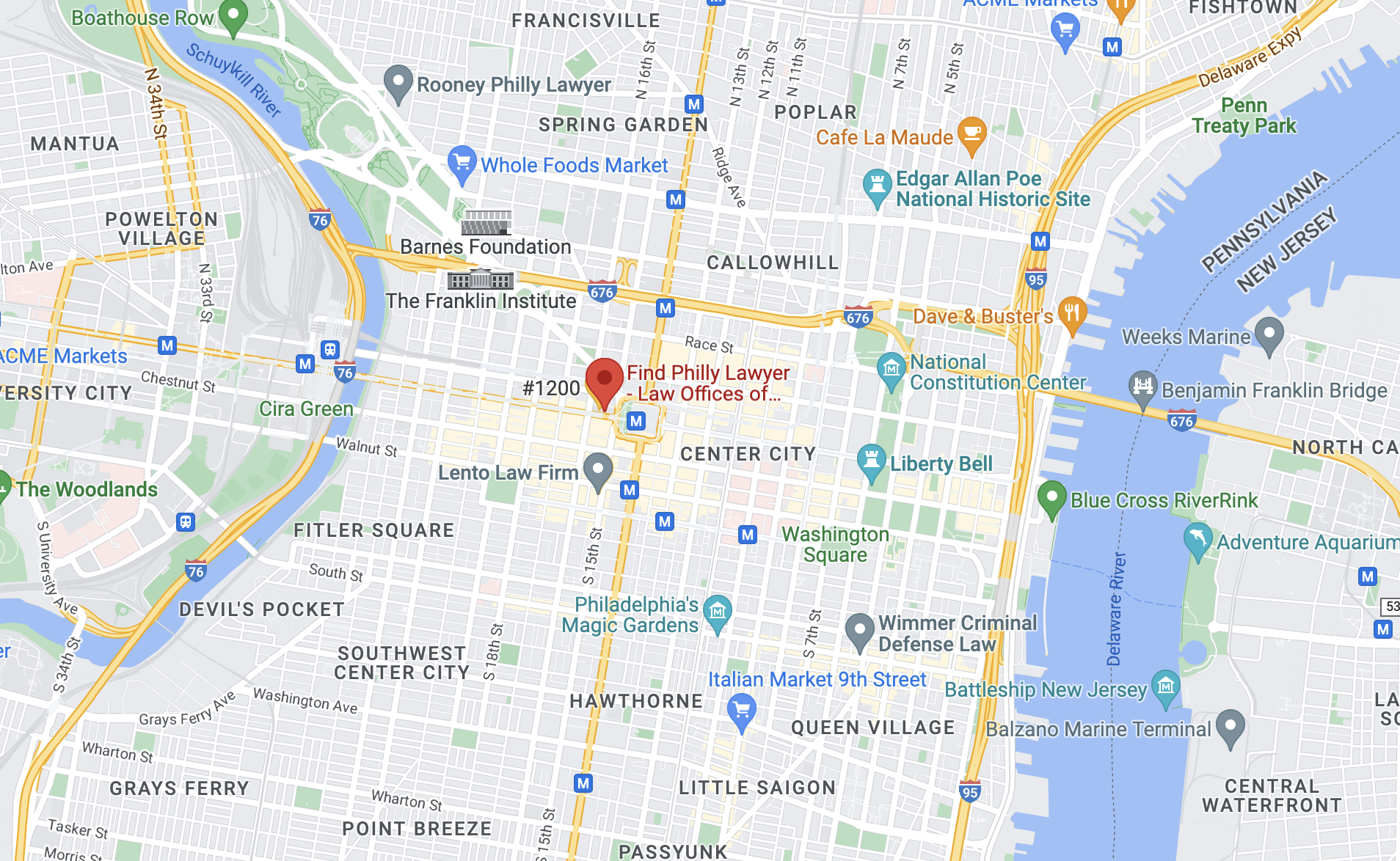After someone is arrested but before they are put on trial, they might have to worry about bail. Bail is what secures a criminal defendant’s pretrial release so they do not have to go through a trial while incarcerated. How much you must pay for bail might vary from case to case.
The amount of money a defendant must pay for bail depends on numerous factors, including how the court decides to impose bail. Courts sometimes use cash bail, and defendants must pay a percentage of the total bail, usually no more than 10%. In other cases, there might be no cash bail, or bail is unsecured, and defendants do not pay anything. However, there may be other terms and conditions to abide by. Courts may consider the severity of the alleged crime, your criminal history, and whether you are a serious flight risk when determining bail. If we believe bail has been set unreasonably high, we can work to convince the court to reduce it so that you can afford to pay.
For help with bail, contact our Philadelphia bail lawyers at The Liberty Law Team by calling (215) 826-3314.
How Much Money Do You Have to Pay for Bail in Pennsylvania?
Unfortunately, navigating the criminal justice system as a defendant can be expensive. Among the numerous costs one might incur is bail. How to post bail in Philadelphia depends on numerous factors unique to your case. In some cases, defendants do not have to pay anything. Our Pennsylvania bail attorneys can hopefully help you reduce the money you have to pay to keep your costs down.
Secured Bail
Bail is not a one-size-fits-all kind of thing. While there are rules regarding bail and how the court may set it, your bail should be unique to your situation. When courts impose secured bail, defendants must pay a certain sum of money to secure pretrial release. Usually, courts set the total bail amount, and defendants must pay a certain portion, not necessarily the whole thing.
According to 234 Pa. Code Rule § 528(C), defendants paying secured bail may pay a percentage set by the court that may be no higher than 10%. The court can set the percentage of bail a defendant must pay lower if a lower percentage is sufficient to ensure the defendant appears in court and complies with court orders.
This can be helpful for defendants who have very high bail amounts. For example, if your bail is $50,000, you might only have to pay up to $5,000 to secure your release. While this is still a large sum, it is arguably easier to obtain than the full bail amount.
Unsecured Bail
Another option is unsecured bail under § 524(C)(3). If the court imposes unsecured bail, the defendant does not have to pay anything to secure their pretrial release. However, if the defendant does not appear in court or otherwise violates the terms of their bail, they may be required to pay.
Unsecured bail is often reserved for cases involving less severe crimes. For example, people charged with minor, non-violent misdemeanors might have unsecured bail, especially if the court believes they are not a fight risk. If you are a first-time defendant and have no criminal history, we might be able to convince a judge to impose unsecured bail.
Factors The Court May Consider When Deciding How Much Money to Charge for Bail in Pennsylvania
As you can tell, bail varies from case to case. While defendants often do not pay more than 10% of their total bail, exactly how much money this constitutes is hard to pin down without talking to a lawyer.
According to 234 Pa. Code Rule § 528(A), the court may consider the numerous release criteria under § 523(A) and the defendant’s ability to pay.
Release criteria may include numerous factors and details about your case. For example, a few important factors include the seriousness of the alleged offense, your relationship with your community, age, character, reputation, mental health, criminal record, and whether you used any false identification with law enforcement. In short, the court can consider almost anything relevant to your case that may help them determine bail. People with clean records facing less serious charges are more likely to receive favorable bail conditions.
We should also highlight your inability to pay if that is important in your case. Many people facing criminal charges are in dire financial straits. Even a small percentage of your bail might exceed what you can afford. You should not be imprisoned simply because you cannot afford bail, and a judge might be persuaded to lower your bail to something you can pay.
Reducing the Amount of Money You Must Pay for Bail in Pennsylvania
Judges have a fair amount of discretion when they set bail. They may consider all kinds of details about your case, whether good, bad, or otherwise. While bail can be expensive and is not intended to be easy to pay, courts are not keen on keeping people locked up simply because they cannot afford bail. In recent years, courts have come under fire for allowing rich defendants to pay bail while poor defendants go to jail. As a result, bail reform has become a bigger issue in the criminal justice field.
There are points we can argue with a judge to hopefully connect them that a high bail is not necessary to ensure your cooperation and appearance in court. For example, we can emphasize that you have deep connections with your community and are not a flight risk. Maybe your alleged offense is a minor, non-violent offense. If you also have a clean criminal record, you have a good chance of getting favorable bail.
Even if the court is leaning toward setting bail high, we can highlight your inability to pay. This fact might convince the judge to lower your bail to something you can afford.
Contact Our Pennsylvania Bail Attorneys for Help Now
For help with bail, contact our Philadelphia criminal defense lawyers at The Liberty Law Team by calling (215) 826-3314.





 Liberty Law Team
Liberty Law Team  (215) 826-3314
(215) 826-3314 lonny@libertylawteam.com
lonny@libertylawteam.com





